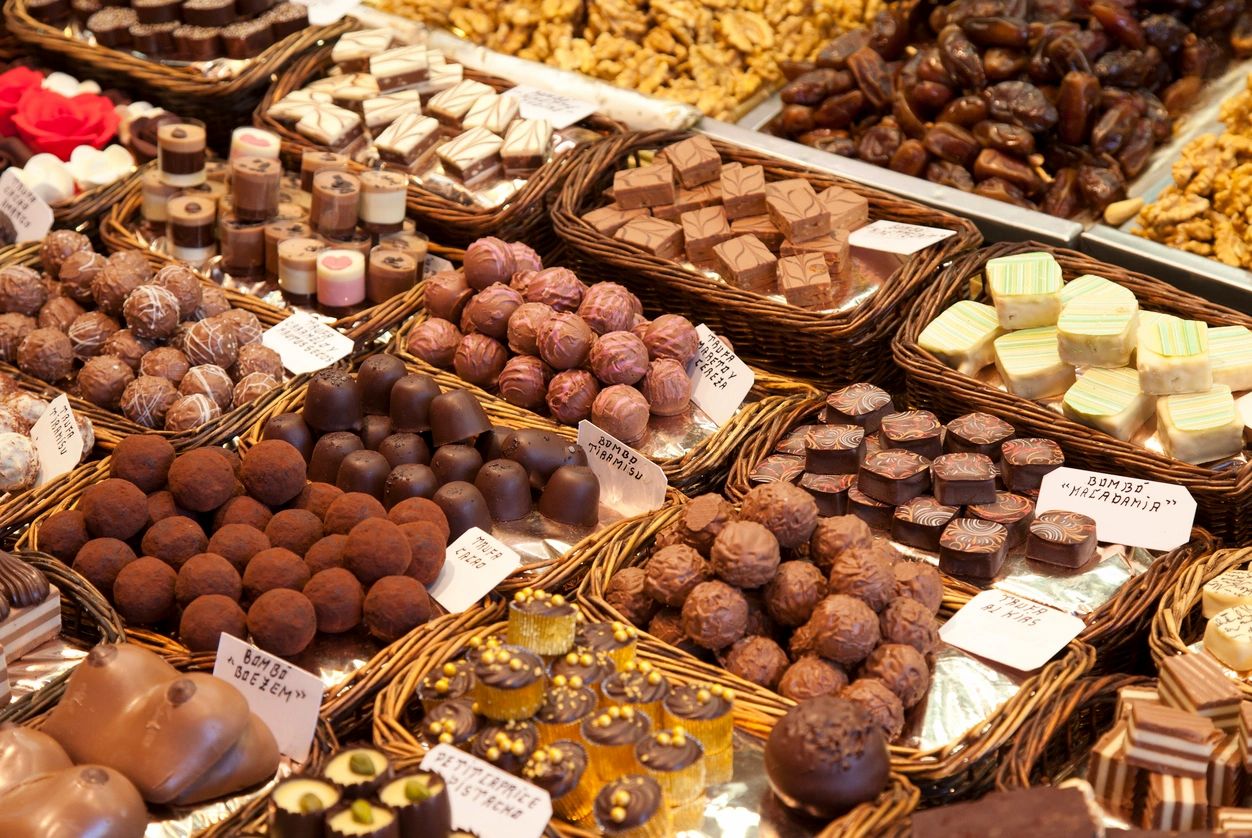Chocolate really is good for you! The flavanols found in cocoa can improve brain oxygenation and performance on complex tasks even in healthy adults.
Chocolate lovers, rejoice! That cup of cocoa or delicious bar could do more than satisfy a craving. Certain chemicals in chocolate may also help your brain complete complicated tasks and perform better in adverse environments, according to a new study from the University of Illinois at Urbana-Champaign.
What are flavanols?
Led by UIUC psychology professors Monica Fabiani and Gabriele Gratton and University of Birmingham nutrition researcher Catarina Rendeiro, the study expands upon already established research laying out the impacts of flavanols on the human brain.
Flavanols are molecules commonly found in some plants like fruits, vegetables, and cocoa. They’re responsible for the bright colors we see on the produce shelves at the grocery store. Past research has shown that flavanols also have a positive impact on how well blood vessels circulate nutrients, oxygen, and waste throughout our bodies.
“We wanted to know whether flavanols also benefit the brain vasculature, and whether that could have a positive impact on cognitive function,” Rendeiro says.
Taking a breather
The study, published in November 2020, is the first of its kind to home in on how flavanols affect brain performance in healthy adults. It examined 18 young, non-smoking men with no known conditions impacting their brains, hearts, respiratory systems, or circulatory systems. The study notes that women were excluded to minimize interference from hormonal fluctuations such as those during the menstrual cycle, which could affect how vascular systems behave. Participants were asked to refrain from exercise, alcohol consumption, and eating flavanol-rich foods for 24 hours before the study.
RELATED: How Does the Brain Work?
In two separate trials, test subjects were given either a cocoa rife with flavanols or one with low levels of flavanols. Both trials were double-blind, so neither researchers nor subjects knew who was being served what.
After ingesting the cocoa, participants then breathed in air that contained 5 percent carbon dioxide—or about 100 times what’s normally in the air. According to Gratton, this is a typical test to see how well brain vasculature reacts when faced with challenges.
When we are subject to higher concentrations of carbon dioxide in the air, our bodies respond by pumping more blood—and consequently more oxygen—to the brain, in order to even things out. The researchers observed this process to see how much oxygen was traveling to each participant’s frontal cortex, the region of the brain responsible for planning and making choices.
In addition to breathing carbon dioxide-laced air, participants were tested with complex challenges, such as the Stroop task: correctly naming the color of a word even when the word itself spells a different color, which is a standard test used to measure cognitive processing.

Tasty benefits
In the end, 14 of the 18 participants showed improvements in cognitive performance after ingesting high-flavanol cocoa. Not only were their brains better oxygenated after consuming more flavanols but the oxygen arrived in their brains faster than in the tests with lower flavanol cocoa. Participants also solved the cognitive challenges 11 percent faster after ingesting higher levels of flavanols.
However, the study came with a few caveats. For the easier tasks, participants showed little difference in performance, which suggests flavanols only have an impact when challenges require more brainpower.
Additionally, not all of the participants were affected by the difference in flavanols. Four of the subjects didn’t display any changes in brain oxygenation or task performance between the two types of cocoa. Rendeiro suspects this could be because these participants were already in good physical shape and that there was “little room for improvement.”
RELATED: LIVING ON NOTHING BUT COFFEE
But Rendeiro and her colleagues maintain that for most people, flavanols in cocoa have a promising positive impact on brain function. This could be particularly good news for those who smoke, have diabetes, or are elderly; long-term consumption of cocoa and other flavanol-rich foods like grapes, apples, and berries could benefit people who are at risk of cognitive impairments as they age, making a sweet treat that much sweeter.
RELATED: How a Special Smell Triggers a Memory
This study was published in the journal Scientific Reports.
The information contained in this article is for informational purposes only and is not intended as health or medical advice. Always consult a physician or other qualified health provider regarding any questions you may have about a medical condition or health objectives.
Reference
Gratton, G., Weaver, S. R., Burley, C. V., Low, K. A., Maclin, E. L., Johns, P. W., Pham, Q. S., Lucas, S. J. E., Fabiani, M., & Rendeiro, C. (2020). Dietary flavanols improve cerebral cortical oxygenation and cognition in healthy adults. Scientific Reports, 10, Article 19409. https://doi.org/10.1038/s41598-020-76160-9

About the Author
Mackenzie Myers Fowler is a science writer, native Michigander, and former field station ragamuffin. She holds an MFA in nonfiction writing but would be a soil scientist if she could do it all over again.




